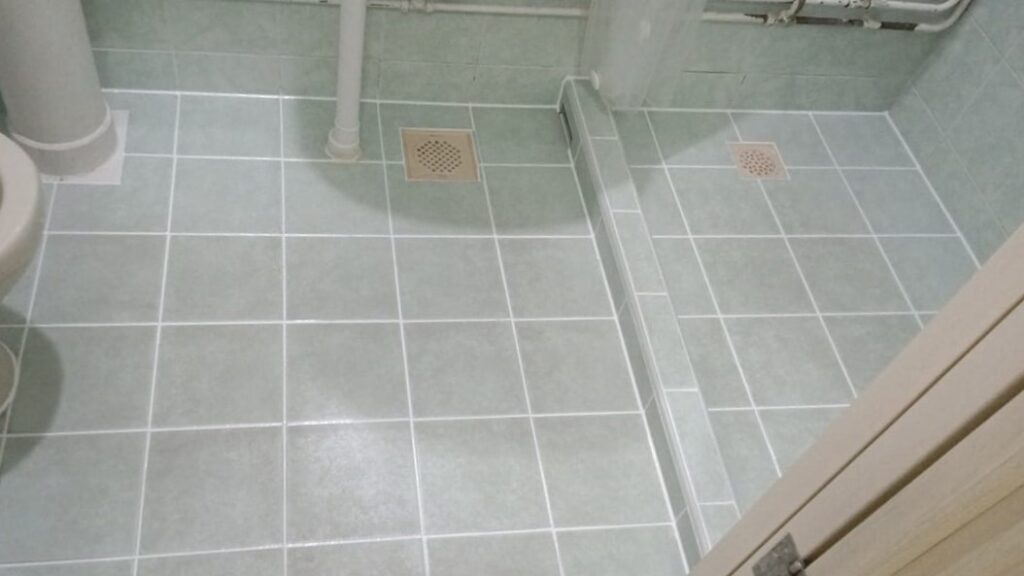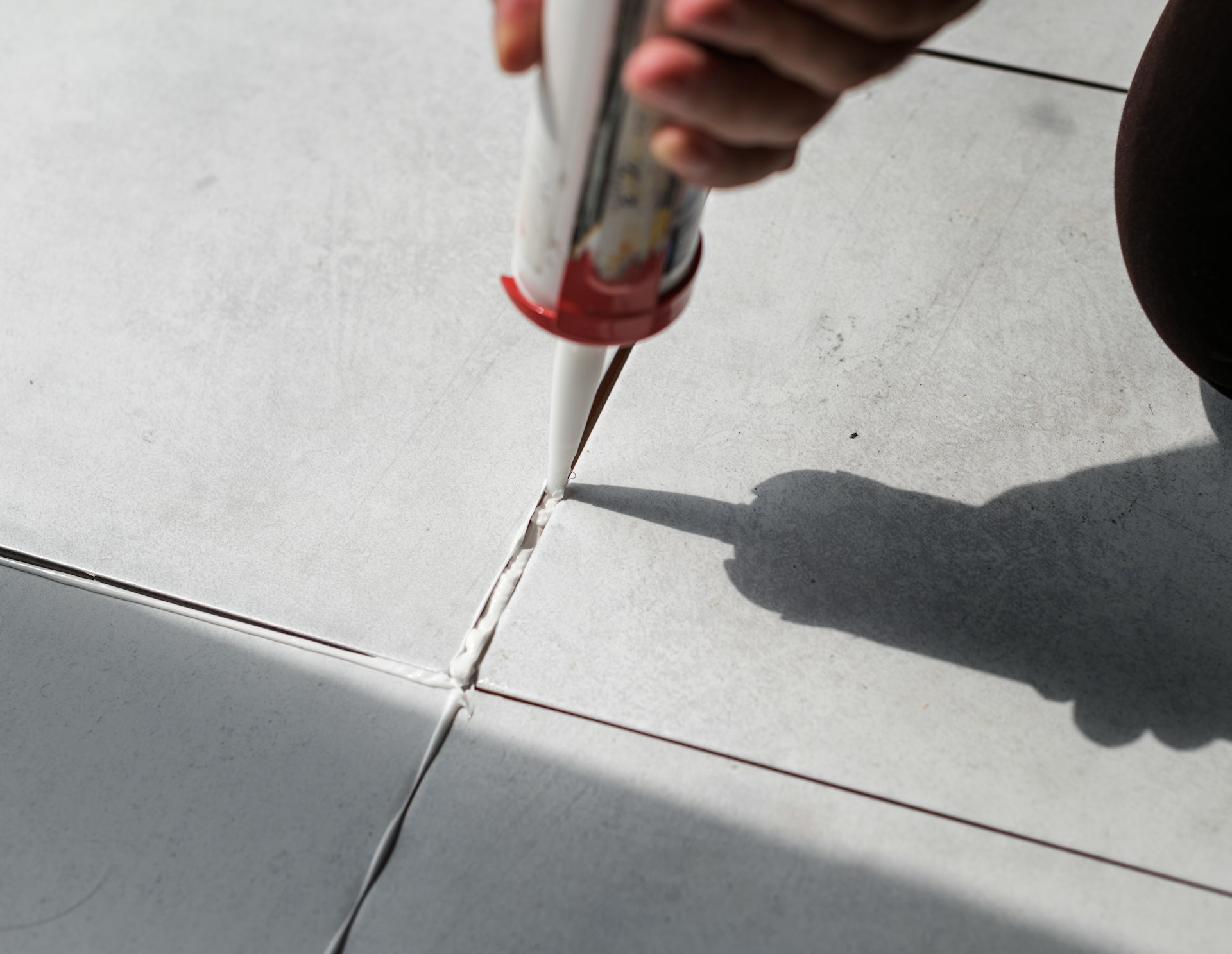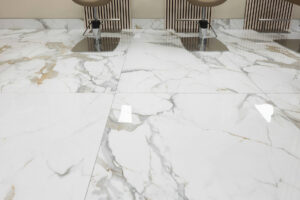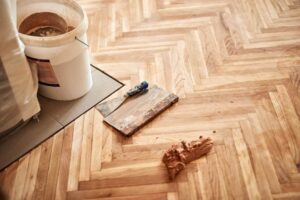When it comes to enhancing the appearance and longevity of tile floors, two solutions stand out: tile floor polishing and epoxy grouting. Its is a practical and highly effective solution for floor polishing in Singapore homes, including HDB flats and condominiums, thanks to its durability, low maintenance, and resistance to moisture and stains. This method uses a highly durable, stain-resistant material made from a combination of epoxy resins and a filler powder. Unlike traditional cement-based grout, epoxy grouting does not require sealing and offers superior resistance to harsh chemicals, making it ideal for high-traffic and moisture-prone areas. Its smooth and sealed surface makes it difficult for dirt and stains to stick, helping the floor stay cleaner and look well-maintained over time.

Epoxy grouting is widely used across various industries due to its durability and hygienic properties. In commercial kitchens, hospitals, laboratories, and public restrooms, it is often the preferred choice because it resists bacteria and mold growth. It’s also commonly used in residential spaces, particularly in bathrooms, kitchens, and laundry areas where moisture exposure is frequent. The ability of epoxy grouting to withstand heavy wear and tear, combined with its ease of maintenance, makes it a practical and popular choice in both commercial and residential settings.
When comparing epoxy grout to traditional cement-based grout, the advantages of epoxy grouting become clear. This solution is highly resistant to stains, cracks, and chemicals, which significantly reduces maintenance needs over time. It also maintains its color better, even under constant exposure to moisture or cleaning agents. Cement-based grouts, on the other hand, are porous and can absorb liquids, leading to discoloration and potential mold growth. While cement grout might be cheaper initially, the long-term durability and aesthetic stability of epoxy grouting offers a better return on investment.
However, epoxy grouting is not without its disadvantages. It is more challenging to work with due to its quick setting time and sticky texture. This can make application difficult for those who are inexperienced, leading to uneven joints or excess grout residue on tile surfaces. Additionally, it is generally more expensive than cement-based options, which might be a consideration for those on a tight budget. In contrast, cement grout is easier to apply and remove, making it a more forgiving option for DIY projects or quick fixes.
When choosing epoxy grouting for your tile floors, there are several factors to consider. One important aspect is color selection. It is available in a wide range of colors, allowing you to match or contrast with your tiles for a custom look. It’s also important to choose the right type of epoxy grouting, such as 100% solids epoxy, pre-mixed, or sanded vs. non-sanded varieties, depending on the application and the size of the grout joints. Understanding the specific needs of your space will help you make the best choice in terms of aesthetics and performance.
While DIY tile grouting might seem like a cost-saving opportunity, hiring a professional contractor is usually the better choice, especially when working with epoxy grouting. Professionals have the experience and tools necessary to ensure a flawless finish without the mess or mistakes that can come with inexperience. They can also provide valuable guidance on selecting the right materials for your space, and ensure that the job is completed efficiently and to industry standards. In the long run, a professionally done job can save you time, money, and a lot of hassle, all while delivering a polished, long-lasting result.
No matter where you’re located in Singapore, our trusted floor polishing team of experts are ready to help with your epoxy grouting and home renovation needs—just give us a call!








